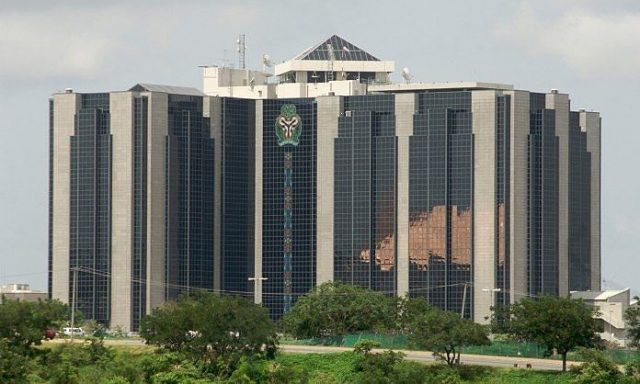
CBN Halts Over N4tn in Loans to FG Amid Mounting Debt Concerns…The Central Bank of Nigeria (CBN) has suspended further lending to the Federal Government through the Ways and Means facility after outstanding borrowings ballooned to over N4 trillion. This move comes in response to the government’s continued inability to settle existing debts, in clear breach of the limits set by the CBN Act of 2007.
According to official reports, by the end of December 2023, total advances made to the federal government under the Ways and Means provision reached approximately N4.36 trillion. This amount significantly exceeded the statutory threshold, which allows borrowing up to 5% of the previous year’s actual revenue. The CBN, under Governor Olayemi Cardoso’s leadership, has now opted to halt further support under this financing window until the current liabilities are fully repaid.
The Ways and Means facility is a mechanism that allows the federal government to access temporary advances from the central bank to cushion short-term cash shortfalls. While it has been a regular source of emergency funding, especially during periods of fiscal stress, concerns have grown in recent years over the scale and sustainability of such borrowings. Critics argue that excessive dependence on this facility undermines fiscal discipline and contributes to inflationary pressures.
Governor Cardoso emphasized that the decision to stop lending was not just a matter of policy preference, but a legal obligation. Section 38 of the CBN Act (2007) stipulates that once the limit for temporary advances has been breached, no further disbursements can be made until the existing debt is settled. By enforcing this rule, the CBN seeks to restore confidence in its independence and commitment to monetary stability.
In line with this policy shift, the federal government has begun repaying part of the accumulated debt. Available data indicates that a total of N4.83 trillion has been paid back using proceeds from the issuance of Nigerian Treasury Bills and Bonds in 2024. This marks a significant step toward reducing the burden of Ways and Means borrowings and reflects a broader strategy to return to market-based financing mechanisms.
READ MORE: Federal Government Pledges Support for Boy-Child Mentorship and Leadership Development
The federal government’s reliance on CBN loans reached unprecedented levels in recent years, particularly during the COVID-19 pandemic and subsequent economic downturn. At its peak, the total Ways and Means balance stood at over N7.9 trillion, sparking widespread concerns among economists and financial institutions about its inflationary impact and legality. In 2023, the National Assembly approved the securitization of a portion of this debt, transforming some of it into long-term instruments in a bid to ease the fiscal pressure.
Despite these efforts, the remaining liabilities continue to weigh heavily on the government’s balance sheet, and the CBN has now drawn a firm line. The apex bank’s stance is part of a broader reform agenda aimed at curbing inflation, stabilizing the naira, and attracting sustainable foreign capital to the economy.
Financial experts view the CBN’s move as a necessary corrective measure. By halting the monetization of fiscal deficits, the central bank is signaling its intent to restore price stability and reduce the risk of fiscal dominance — a condition in which government borrowing undermines the effectiveness of monetary policy.
The policy shift also puts pressure on the federal government to improve revenue mobilization and cut non-essential expenditures. With limited access to CBN loans, the government is expected to rely more on the domestic capital market and foreign investment to fund its budget. This could lead to tighter liquidity conditions and higher interest rates in the short term, but may also help instill greater fiscal responsibility over time.
In summary, the suspension of over N4 trillion in CBN loans to the federal government marks a turning point in Nigeria’s economic management. While the move may introduce short-term financing constraints, it represents a step toward restoring macroeconomic discipline and legal compliance in the country’s fiscal operations.




